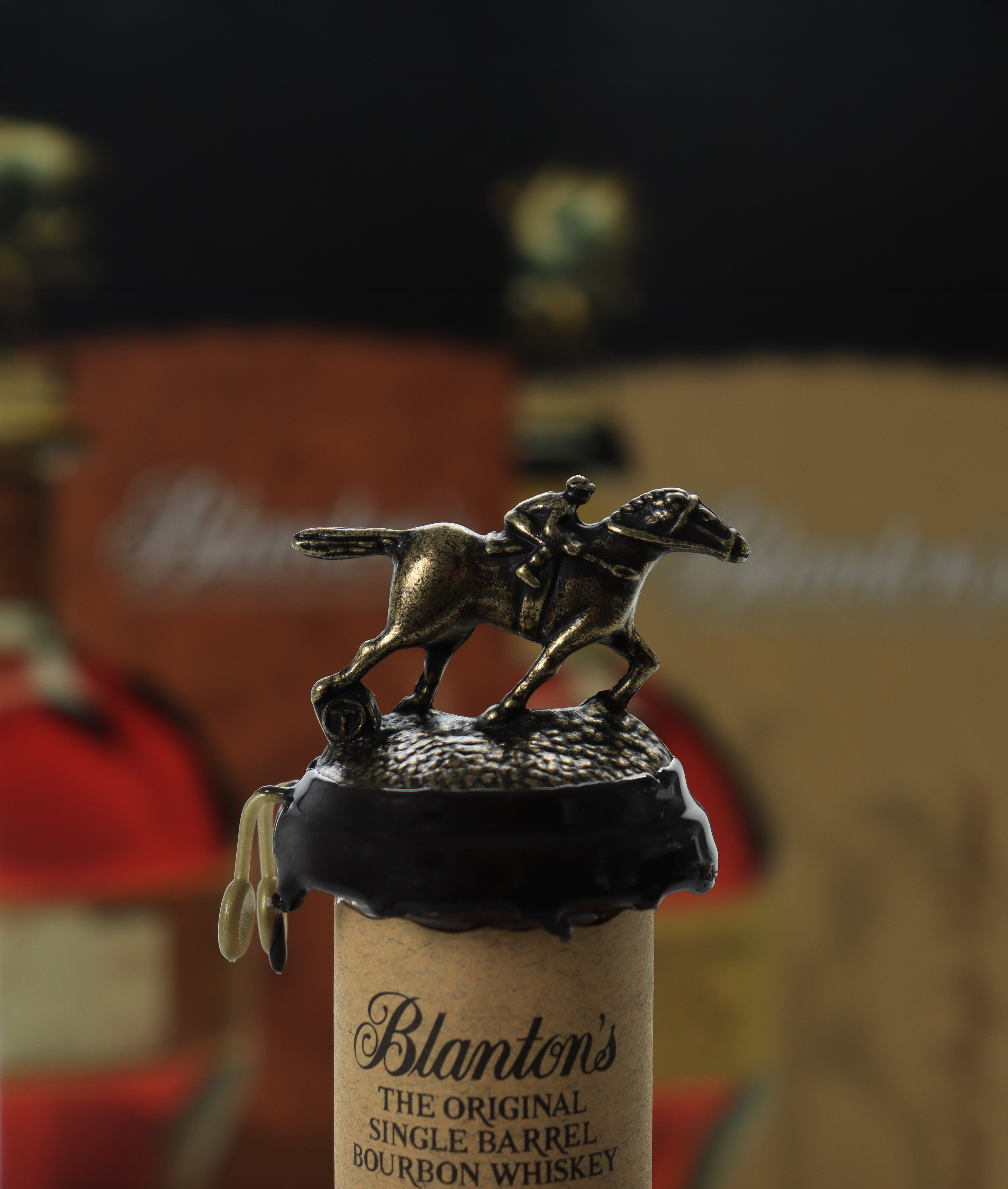Bourbon vs Rye Whiskey: What’s the Difference?
Bourbon vs Rye whiskey. What’s the difference? To begin with, they both fall under the general category of whiskey, which is defined as a fermented grain spirit aged in wood. They are both made in the USA, both have origins in America’s early colonial days, and both are currently experiencing a huge global resurgence.
In this blog we’ll explore these two popular types of American whiskey, and to find out the difference between rye and bourbon, we’ll look into the history, ingredients, production techniques, aging methods and flavour profiles. Plus, we’ll be recommending some outstanding bottles to try.
Ready? Let’s dive in.
Where are bourbon and rye whiskey made?
Bourbon
Contrary to popular belief, bourbon doesn’t have to be made in Kentucky, but by law, it has to be made in the USA. However, the vast majority is made in the state of Kentucky, mostly due to the fact that the state sits on top of an ancient limestone bedrock, which provides an abundant supply of calcium and magnesium-rich water – ideal for the production of bourbon.
Rye Whiskey
Rye whiskey can be made anywhere in the world, but is commonly produced in the USA, Canada and Scotland. In terms of American rye whisky, it is often produced in the northeastern United States.
What’s the history?
Bourbon
An early version of bourbon is thought to have been first produced in Kentucky in the late 18th century, when farmers who needed a way to use up surplus corn crops, used distilling methods, learned from Scottish and Irish settlers, to produce their own type of whiskey.
Kentucky was the natural birthplace of this type of whiskey due to its fertile land, plentiful supply of oak and natural limestone-filtered water.
Rye Whiskey
Rye whiskey is thought to have been made by Irish and Scottish settlers from around the late 17th century in the northeastern USA, particularly Maryland, Virginia and Pennsylvania. Rye was a natural grain to work with in these areas as it grew well in the northern mid-Atlantic climate. Back then, rye whiskey fell into one of two distinct styles.
Maryland Rye Whiskey
This tended to be produced with a high corn content (of around 35%), and in the early days was often flavoured with cherry or prune juice.
Pennsylvanian Rye Whiskey (Monongahela Rye)
This type of whiskey was produced from a very high percentage of rye to malted barley (around 95%) and was distilled in three-chamber copper pot stills.
What are the main ingredients?
Bourbon
Bourbon can be crafted from various grains but must include at least 51% corn in its mash bill. The remainder may consist of rye, wheat, or malted barley in any ratio the distiller prefers, although most bourbons tend to be of around a 70% corn content.
Rye Whiskey
In the USA, rye whiskey can be crafted from various grains but must include at least 51% rye in its mash bill. The rest will consist of corn, malted barley and wheat in any ratio the distiller prefers.
How are they produced?
Bourbon
Bourbon is produced by boiling the corn and other grains in a ‘mash tub’ and adding a ‘sour mash’, which is leftover mash from a previous batch. Next, the fermented mash is heated in a column still where the alcohol is separated from water and spent mash. The vapourised alcohol rises, condenses into liquid, and is collected. A second distillation is in a modified copper pot or ‘doubler’ still, which refines it further.
Bourbon must be distilled at no more than 160 proof (80% ABV) and once bottled must have a minimum of 80 proof (40% ABV).
Rye Whiskey
Rye whiskey is produced in much the same way as bourbon, except that usually wheat is not included in the mash. It must be distilled at no more than 160 proof (80% ABV) and once bottled must have a minimum of 80 proof (40% ABV).
How long do they age for?
Bourbon
The distilled spirit, known as ‘white dog,’ is transferred into new, charred oak barrels and is left to age for around two years, but sometimes up to eight years. Legally, there is no minimum aging requirement, but to be classified as ‘Straight Bourbon Whiskey’, bourbon must mature for a minimum of two years, and if under four years, its age must be clearly stated on the label.
Rye Whiskey
The distilled rye spirit is transferred into new, charred oak barrels, just like bourbon. However, rye whiskey usually ages at a faster rate but, like bourbon, must be matured for at least two years to be labelled as ‘Straight Rye Whiskey’.
How do they differ in flavour and colour?
Bourbon
Bourbon has a strong, sweet vanilla character with distinct notes of toffee and caramel which is picked up from the char inside the casks. Its colour tends to range from pale to deep amber.
Rye Whiskey
Rye whiskey has a savoury, spicy character with distinct notes of malt and wood. Its colour also tends to range from pale to deep amber.
How should I drink them?
Bourbon
In the USA, a common way to enjoy bourbon is ‘on the rocks’, meaning it’s served with ice, but drinking it ‘neat’ highlights its rich flavours, and with a drop or two of room-temperature water, the aromas begin to open up. Additionally, bourbon is often used to craft cocktails like an Old Fashioned or a Manhattan.
Rye Whiskey
Rye whiskey is enjoyed in much the same way as bourbon – neat, with ice or with water. It tends to be used as a key ingredient in cocktails such as Sazerac and Whiskey Sour.

Our Top Picks – Rye vs Bourbon
At Still Spirit, we stock a wide range of bourbon, rye whiskey, glassware and gift sets. If you’ve never tried bourbon or rye, we recommend the following as fantastic entry level American whiskies.
Bourbon
· Buffalo Trace – Straight Kentucky Whiskey
· Eagle Rare – 10-Year-Old Straight Kentucky Whiskey
· Old Forester 86 Proof – Straight Kentucky Whisky
Rye Whiskey
· Knob Creek Straight Rye Whiskey
· WhistlePig Piggyback 6-Year-Old Rye Whiskey
If you enjoy these American whiskies, why not try a more diverse range – perhaps Scotch whisky, Blended Scotch whisky, Japanese whisky or even an old and rare whisky.
So, now you know the difference between these two styles of American whiskey. But which is better? Rye vs bourbon? That’s not for us to say – it just depends on your particular taste. We recommend you try our range of rye and bourbon and decide for yourself.









